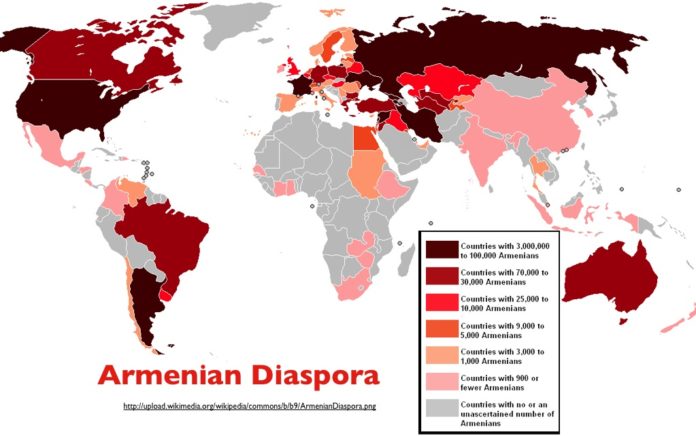By Avo Piroyan
The relationship between the Armenian diaspora and Armenia has overall been disjointed for many years and has not improved in recent years.
The charity-based model of diaspora participation does not and cannot guarantee consistent long-term involvement. While charitable donations have made a big difference to individual people, families and groups, they have not fundamentally made a difference to the economy of Armenia and have at best sustained Armenia rather than led to substantial growth.
A new innovative and inspiring model for diaspora participation is required. One based on a mutually beneficial relationship that will guarantee significant and long term financial involvement.
3 Steps Towards a Mutually-Beneficial Relationship
Citizenship – Being a citizen of a country is a special thing and a deeper commitment than just occasionally engaging and disengaging from afar. Therefore, the creation of a special Diaspora Citizen of Armenia passport (similar to India) or Armenian citizenship with a special non-residency status with differing rights and responsibilities to regular citizens of Armenia will greatly enhance and entrench the diaspora’s participation in Armenia.









